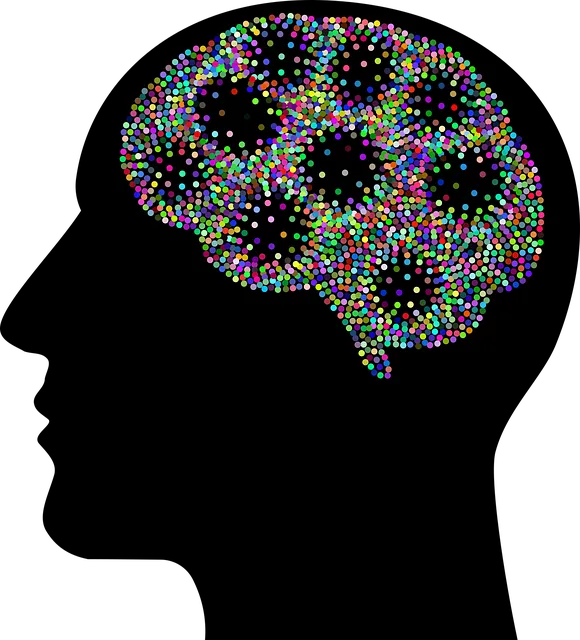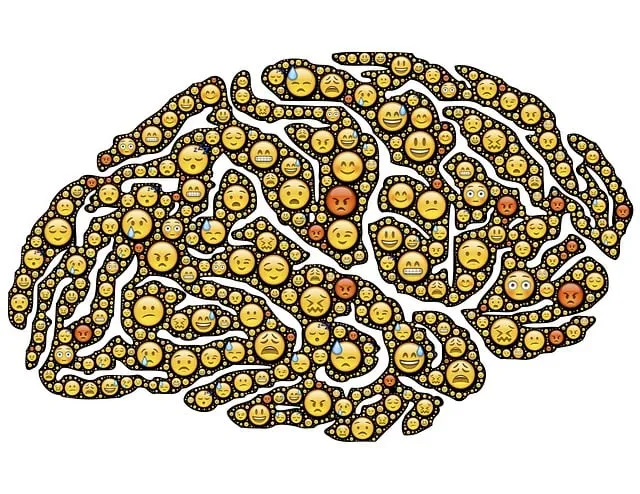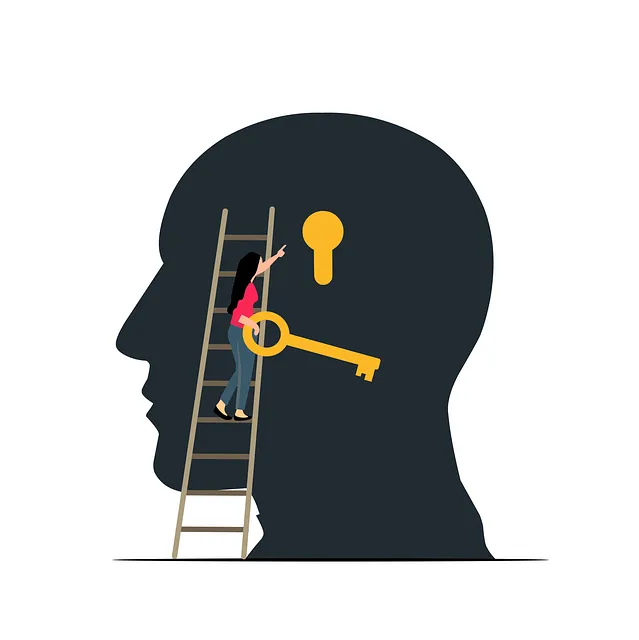Coping skills are essential for managing life's challenges and maintaining mental wellness, as emphasized by professionals at the Lone Tree Kaiser Permanente mental health center. This center offers tailored strategies to suit individual needs, focusing on stress management, emotion regulation, and understanding difficult situations. With comprehensive support including therapy, counseling, and self-care routines, patients gain resilience and effective coping mechanisms for personal growth and longer-lasting well-being. Structured visiting hours provide a safe space for therapeutic interactions, emotional processing, and stability during distressing times, fostering deeper connections and empowering patients to overcome unique challenges.
At Lone Tree Kaiser Permanente, understanding coping skills is key for personal growth. This article offers a comprehensive overview, highlighting the importance of these skills in navigating life’s challenges. We explore their role in mental well-being, focusing on strategies employed by professionals at the Lone Tree Kaiser Permanente mental health center during visiting hours and beyond. Additionally, we delve into building resilience through long-term coping skills development, providing valuable insights for individuals seeking to enhance their emotional well-being.
- Understanding Coping Skills: An Overview for Personal Growth
- The Role of Mental Health Professionals at Lone Tree Kaiser Permanente
- Enhancing Coping Strategies During Visiting Hours and Beyond
- Building Resilience: Long-Term Coping Skills Development
Understanding Coping Skills: An Overview for Personal Growth

Coping skills are essential for navigating life’s challenges and maintaining mental wellness. They empower individuals to manage stress, regulate emotions, and make sense of difficult situations, ultimately fostering resilience. At the Lone Tree Kaiser Permanente mental health center, visitors can explore various coping strategies tailored to their unique needs. These skills aren’t just about getting through tough times; they contribute to overall well-being and prevent burnout, especially in today’s fast-paced world.
Understanding and developing effective coping mechanisms is a journey of personal growth. It involves recognizing triggers, identifying healthy outlets, and learning adaptive behaviors. Mental wellness coaching programs play a pivotal role here, offering guidance and support. By participating in these initiatives, individuals can enhance their ability to cope with life’s curveballs, ensuring they emerge stronger and more balanced.
The Role of Mental Health Professionals at Lone Tree Kaiser Permanente

The mental health professionals at Lone Tree Kaiser Permanente play a pivotal role in supporting individuals navigate their mental well-being. This healthcare center, known for its comprehensive services, offers a safe space for patients to access therapy, counseling, and support groups tailored to their unique needs. With extended visiting hours, the center ensures accessibility, allowing individuals to seek help at times convenient for them.
In addition to traditional therapeutic approaches, Lone Tree Kaiser Permanente integrates innovative practices like Compassion Cultivation and Empathy Building Strategies, reflecting a forward-thinking Mental Health Policy Analysis and Advocacy approach. These methods prioritize not just treating symptoms but fostering resilience, compassion, and deeper connections, ultimately promoting longer-lasting well-being.
Enhancing Coping Strategies During Visiting Hours and Beyond

Visiting hours at Lone Tree Kaiser Permanente mental health center provide a valuable opportunity for patients to engage in healthy coping strategies and enhance their overall well-being. During these visits, individuals can immerse themselves in therapeutic conversations with loved ones or mental health professionals, fostering a safe space to process emotions and share experiences. This structured environment encourages the development of effective coping skills, such as active listening, open communication, and emotional regulation techniques.
Beyond visiting hours, integrating self-care routines is essential for maintaining and building upon these coping strategies. Encouraging patients to prioritize self-care routine development for better mental health can significantly boost their confidence in managing stress and challenging situations. By incorporating activities like regular exercise, mindfulness practices, or creative outlets, individuals can create a personalized risk management plan tailored to their unique needs, ensuring long-term resilience and emotional stability, even when navigating the complexities of mental health care as a professional.
Building Resilience: Long-Term Coping Skills Development

At the Lone Tree Kaiser Permanente mental health center, visiting hours offer a structured yet intimate space for patients to connect with their support systems. This routine can serve as a foundational coping skill, providing predictability and comfort in times of distress. Over time, individuals learn to harness this stability, extending it beyond the clinic’s walls. By integrating such experiences into daily life, patients build resilience—a key aspect of long-term coping skills development.
Resilience isn’t just about enduring hardships; it involves thriving despite them. This growth is fostered through cultural sensitivity in mental healthcare practice, where understanding and embracing diverse perspectives empowers individuals to navigate their unique challenges. Mental illness stigma reduction efforts also play a pivotal role, encouraging openness and reducing barriers to seeking help. Confidence-boosting strategies, often incorporated into therapy sessions, enable patients to face obstacles head-on, utilizing newly acquired coping mechanisms as tools for personal growth.
Coping skills development is a vital aspect of personal growth, especially for those seeking support at places like the Lone Tree Kaiser Permanente mental health center. By understanding and practicing effective coping strategies, individuals can navigate challenging situations with resilience. Enhancing these skills during visiting hours and beyond fosters a sense of control and well-being. The articles covered in this guide provide valuable insights into building long-term resilience, offering a comprehensive approach to personal development, particularly when supported by professional mental health services at Lone Tree Kaiser Permanente.






